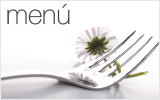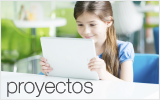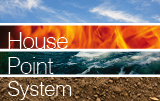PROJECTS IN FOREIGN LANGUAGES: BILINGUAL EDUCATION IN SPANISH AND ENGLISH; MANDARIN CHINESE, FRENCH, GERMAN

In order to promote a natural environment of bilingual education at the school, students follow the dynamic developed since Elementary and Primary education, which fully immerses them in the use of the English language.
Students develop 43% of their 35-hour-per-week workload (on average, percentage varies depending on the year) in English. They also get two hours per week of Mandarin Chinese and two more of German or French.
PROJECT-BASED LEARNING AND GLOBAL PROJECTS

In HBS Tres Cantos we aim for a Secondary Education guided by a constructive methodology, in order to teach and educate free, independent, critical people with a solid, whole schooling that allows them to face the challenges of a global world.
I.C.T.

All the technological resources in school are used as a complement for the methodologies that we carry out on the different subjects. They are used for working on projects, cooperative work and challenge-based learning. Secondary students work with computers and tablets. The use of mobile devices allows for greater flexibility in the school and increases motivation on our pupils, favoring a personalized learning. This resource proves beneficial for all students, both for those with special needs and the ones who demand greater challenges.
PUBLIC SPEAKING AND DEBATE
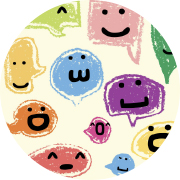
From an early age, students are educated in the different techniques necessary for presentations and public speaking, both in Spanish and English, hence promoting their communication skills and their personal development. Debate and assemblies are part of our school life in Humanitas.
BIG BROTHER
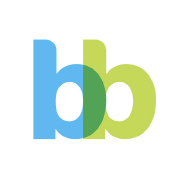
A vertical project where older students spend time and develop projects with younger students and vice versa. This project aims to tighten the bonds between students of different ages.
Secondary students are involved in this project during Science Week, showing the students of Elementary and Primary education their scientific experiments, which they have developed throughout the first term.
EMOTIONAL INTELIGENCE AND SEAL
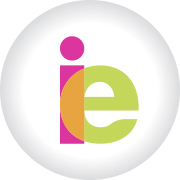
A global Humanitas Project based on its mission, vision and values, it works on the need to school our students in order to contribute to their personal development and professional future. To do so, we have established a project in Secondary Education which continues the work carried out in Elementary and Primary Education, focused on emotional intelligence and including a Professional and Academic Counselling Program. This demands a combination of scientific rigor and enough flexibility to take into account the great changes, both physical and psychological, that students experience at this age and that adds on the complexity of Secondary Education.
HEALTH EDUCATION
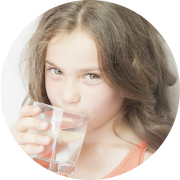
A Health Education Program is carried out on all Secondary Education levels, alongside the Department of Physical Education and other professionals from the school, such as the School Infirmary and the team of lifeguards. Its task is for students to understand the relation between understanding physical activity and exercise as concepts and their importance in their daily lives, so they acquire the capacity to integrate them in their routines, evaluating and making a critical analysis of the positive and negative effects of its implementation.
LABS
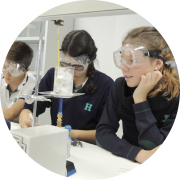
The use of the Physics, Chemistry and Biology labs is programmed in Secondary Education for the students to carry out different projects and tasks that are central for their curriculum.
The use of labs includes two types of learning. On one hand, projects that revolve around the scientific method in order to learn from experience and to allow the students to formulate hypothesis, obtain results and reach their own conclusions, stating their own theorems that they then compare and analyse. On the other hand, labs are used to work on a practical level on the contents learned in class.







